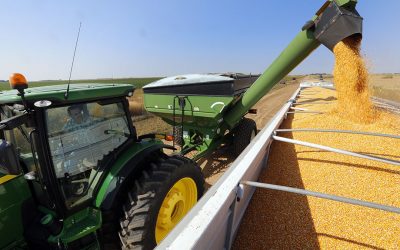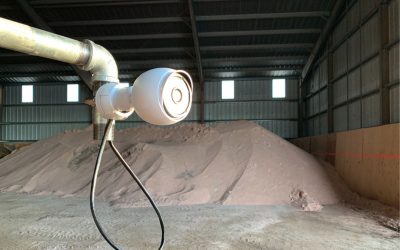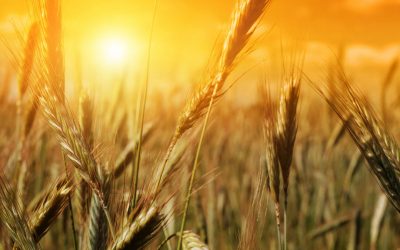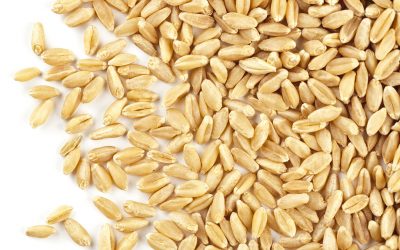Hassad Foods seeks food security outside Qatar
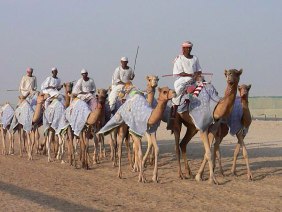
Hassad Food Company intends to invest $500mn to $700mn this year for projects across the world as part of its mission to ensure food security for Qatar, chairman and managing director Nasser bin Mohamed Mubarak al-Fuhaid al-Hajri has said.
“Our five pillars are production and supply of rice, sugar, grain, meat (white and red), and animal feed,” he explained after the company’s first ordinary general assembly meeting last week.
The countries and sectors identified in 2009 are Qatar (animal feed, flower, poultry, logistic, green house); Australia (sheep, grain); Brazil (poultry/beef, sugar, grain); Argentina (grain); Sudan (sugar, grain, animal feed); Turkey (meat, dairy, sheep grain); Cambodia, India, Pakistan (rice); Uruguay (rice, grain, meat) and Georgia (grain).
“Hassad Food, established in July 2008, has launched two good projects, in Qatar and Australia, respectively,” al-Hajri explained.
Hassad Qatar animal fodder, launched commercially in Qatar in 2009, is being expanded substantially this year and would see multi-fold rise in sales and profitability.
Hassad has also commenced operations in Australia by forming a 100% subsidiary company, acquisition of the first farm land and introduction of Awassi lamb breeding programme.
“Similarly, we have established 100% subsidiaries in Sudan and Turkey to facilitate targeted investment, and 2010 will be the year of execution of the strategic investment plan,” the official said.
In Qatar, Hassad Food will be establishing a poultry farm, which is to begin production two-and-a-half years from now.
Government support domestic production
Farming in the Gulf region is a challenge due to extreme heat, limited water supplies and high soil salinity.
"Qatar’s priority right now is to put in place the resources to enhance domestic production," said Mahendra Shah, director at the Qatar National Food Security Program (QNFSP), a state entity established in 2008 to set the policy strategy for the securing food supplies.
Only a tenth of Qatar’s around 65,000 hectares of arable land is being used for agriculture due to lack of fresh water supplies, Shah told Reuters.
"We are looking for ways by which we can desalinate water through the use of solar energy to minimize the water used straight from wells," he said.
The QNFSP is in the midst of a study to evaluate where it could best grow crops and what the costs and water needs would be, he said. That plan would be completed by December 2011, Shah said.
Even relatively high cost domestic development would be justified given the strategic importance of securing food supplies, he said.
Investing abroad
Investing in farmland abroad would still be key to securing water intensive crops such as rice and wheat, said Shah. Qatar imports 98% of the rice and wheat it consumes, Shah added.
Qatar, unlike its Gulf Arab neighbors, has concentrated on buying farmland in developed rather than developing countries. Still, it may look at buying land in developing countries in the future, Shah said.
"It has to be a win-win situation for the developing country and I believe the Gulf region might have a unique opportunity to be a development partner," said Shah.




